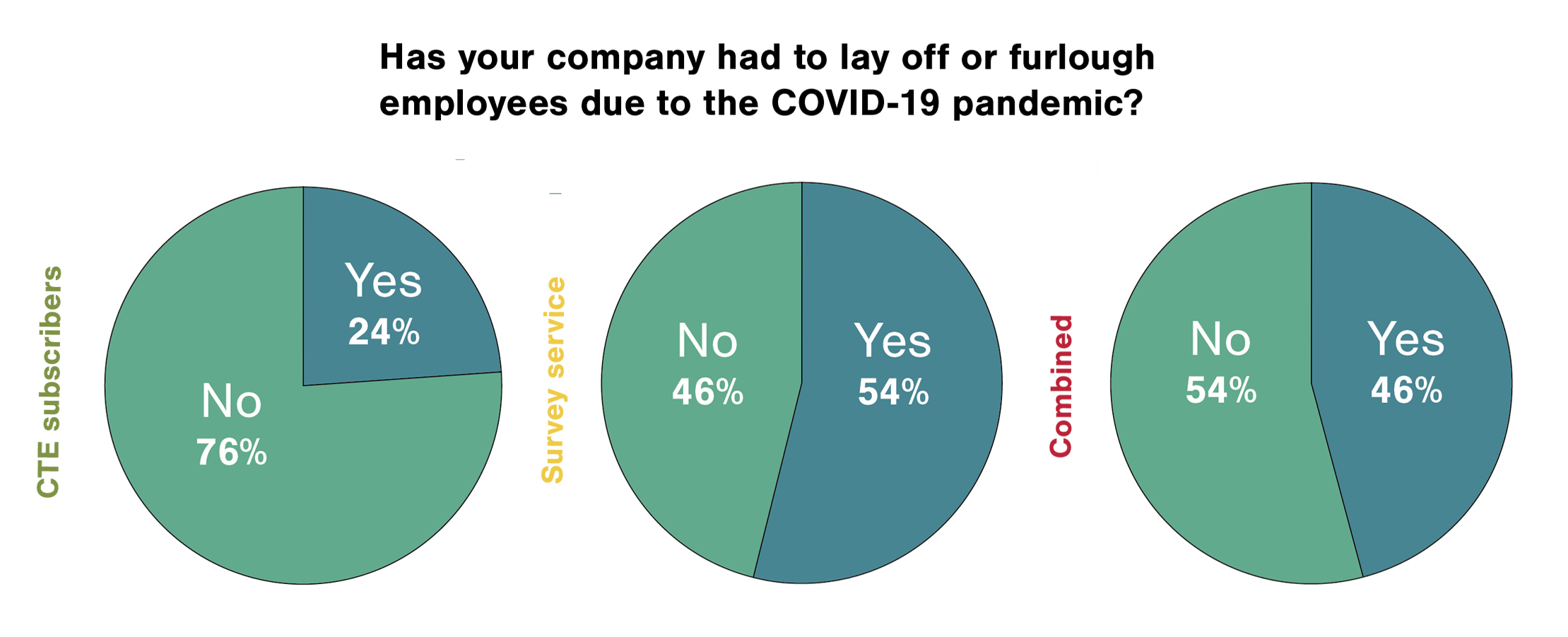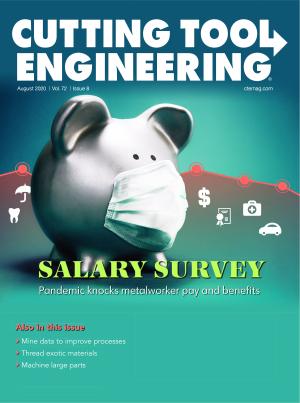 As mentioned in the main Salary Survey article, CTE used a paid data collection option from SurveyMonkey, which collects results from its own survey panels, to gather additional results for the 2020 Benefits and Salary Survey. What’s notable about the national results from subscribers is that those results are higher on average for all positions than the results gathered from the survey service.
As mentioned in the main Salary Survey article, CTE used a paid data collection option from SurveyMonkey, which collects results from its own survey panels, to gather additional results for the 2020 Benefits and Salary Survey. What’s notable about the national results from subscribers is that those results are higher on average for all positions than the results gathered from the survey service.
Some results are similar, such as those for corporate managers, with a 5.2% difference. Others, such as engineering supervisors, with a 16.1% variation, are significantly higher for subscribers.
Although results from survey service respondents for benefits are not included in the graphs with the exception of the national averages chart, responses show that subscribers offer more job training to all positions than survey service respondents do, as well as more health plan benefits (except for tool and die makers and engineering supervisors) and more profit sharing (except for engineering supervisors). In addition, subscribers responded that five positions receive a higher percentage for a retirement plan than survey service respondents give, though the percentage for manual machinists was about the same.
In contrast, survey service respondents offer more dental benefits to eight positions compared with subscriber respondents, and all positions except engineering supervisors (down 10.1%) and plant managers (about the same percentage) receive the perk of a company vehicle at a higher percentage.
The survey revealed one other significant difference between the two groups of respondents. When asked about layoffs and facility closings as a result of the pandemic, 24% of subscribers furloughed workers while roughly half of survey service respondents did. In addition, 97% of subscribers reported that facilities remain open while the other group was at 72%.



